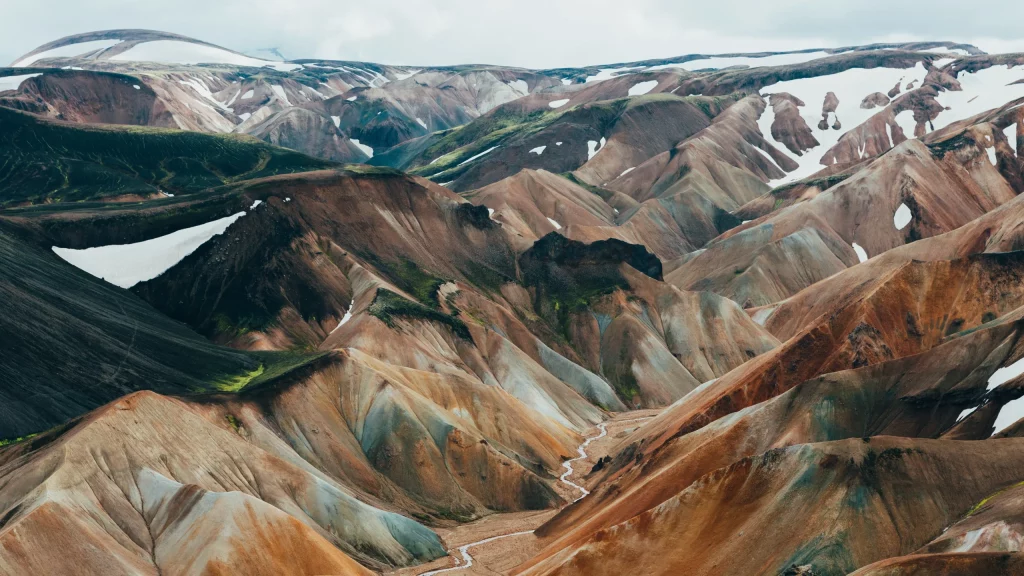Make your maps pop with hillshade lapakgis! This 3D effect allows you to simulate the shadows cast by terrain, giving any map a more realistic and visually appealing look. Learn how this powerful QGIS technique can help hone your masterpiece – so that others will be left in awe of its beauty.
Understanding Hillshade Lapakgis
Hillshade Lapakgis is a plugin for QGIS that enables users to generate hillshade maps. The plugin can uses Digital Elevation Model (DEM) to create a 3D map of the terrain. By calculating the angle of the sun, the plugin can simulate the shadows cast by the terrain, giving the map a more realistic appearance.
Installing Hillshade Lapakgis
To use Hillshade Lapakgis, you will need to install the plugin first. Start use just open QGIS and go to the Plugins menu. From there, select “Manage and Install Plugins”. In the “Search” box, type “Hillshade Lapakgis” and click “Install”.
Once the plugin is installed, you can find it under the Raster menu in QGIS.
Creating a Hillshade Map in QGIS
To create a hillshade map in QGIS, you need Digital Elevation Model (DEM) to create map of the area. You can download DEMs from various sources, including the USGS National Map Viewer.
Once you have a DEM, open QGIS and load the DEM into the project. Next, go to the Raster menu and select Hillshade Lapakgis. This will open a dialog box where you can set the parameters for the hillshade map.
In the dialog box, you can adjust the sun angle, altitude, and shading options. You can also choose to output the hillshade map as a new layer in QGIS.

Using Hillshade Maps in QGIS
Hillshade maps can be used in a variety of ways in QGIS. One common use is to overlay the hillshade map on top of other layers, such as a road or water layer. This can make the map a more realistic appearance with shadows cast by the terrain will be taken into account.
Another use of hillshade maps is to highlight topographic features. By adjusting the shading options, you can emphasize certain aspects of the terrain, such as ridges or valleys.
Conclusion
In conclusion, Hillshade Lapakgis is a powerful plugin for QGIS that enables users to create hillshade maps. By simulating the shadows cast by the terrain, hillshade maps can give maps a more realistic appearance and make them more visually appealing.
FAQs
A Digital Elevation Model (DEM) is a digital representation of the terrain. It is created by using data from satellite or aerial imagery to calculate the elevation of the terrain at each point.
DEMs can be downloaded from various sources, including the USGS National Map Viewer.
Yes, you can adjust the sun angle, altitude, and shading options in the Hillshade Lapakgis dialog box.
Hillshade maps offer a sophisticated touch to any map, bringing out the topography with bold illumination and providing an ideal backdrop for additional layers.
Yes, Hillshade Lapakgis is a free plugin for QGIS.
No, Hillshade Lapakgis is a plugin specifically designed for QGIS.